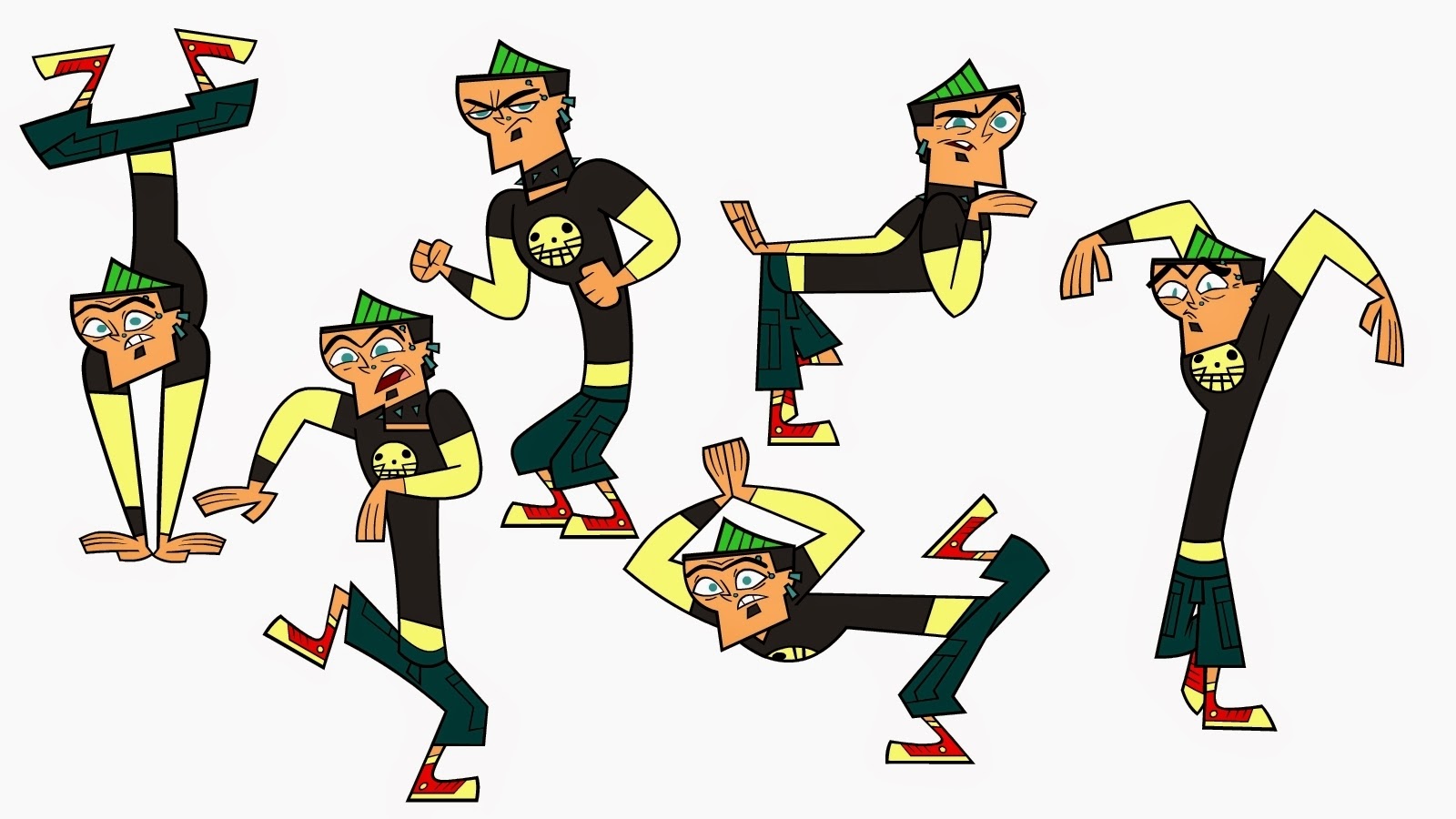The True Born Englishman: A Poem. 1701
Daniel Defoe (1660-1731) Thus from a mixture of all kinds began, That het’rogeneous thing, an Englishman: In eager rapes, and furious lust begot, Betwixt a painted Britain and a Scot. Whose gend’ring off-spring quickly learn’d to bow, And yoke their heifers to the Roman plough: From whence a mongrel half-bred race there came, With neither name, nor nation, speech nor fame. In whose hot veins new mixtures quickly ran, Infus’d betwixt a Saxon and a Dane. While their rank daughters, to their parents just, Receiv’d all nations with promiscuous lust. This nauseous brood directly did contain The well-extracted blood of Englishmen. Which medly canton’d in a heptarchy, A rhapsody of nations to supply, Among themselves maintain’d eternal wars, And still the ladies lov’d the conquerors. The western Angles all the rest subdu’d; A bloody nation, barbarous and rude: Who by the tenure of the sword possest One part of Britain,





